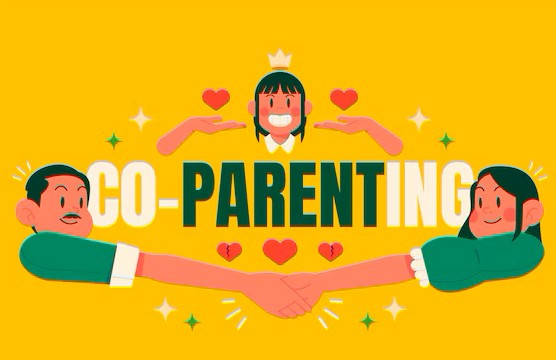

29
Apr
The Power of Co-Parenting Apps: Staying Organized, Respectful, and Focused on the Kids
Co-parenting isn't easy—even in the most amicable situations. But when communication is strained or trust has been broken, trying to coordinate schedules, expenses, and updates can feel overwhelming. That’s where co-parenting communication apps come in.
Whether required by a court order or suggested by a family law professional, these apps can transform how separated parents manage their responsibilities. Here's how—and why—using a communication app can make a big difference.
Why Use a Co-Parenting App?
Courts often recommend or require these tools for good reason: they reduce conflict and increase accountability. Here’s what they offer:
1. Clear, Documented Communication
Many apps (like OurFamilyWizard, TalkingParents, or AppClose) keep a log of all messages. This record-keeping ensures that both parties communicate respectfully—and that any disputes can be backed up with facts, not emotions.
2. Shared Calendars
One of the biggest pain points in co-parenting is keeping track of drop-offs, holidays, school events, and extracurriculars. These apps offer shared calendars to reduce misunderstandings and double-booking.
3. Expense Tracking
Child-related expenses can be a major source of tension. Apps often have built-in tools for logging receipts, requesting reimbursements, and keeping a transparent financial record.
4. Emergency Information Access
Some apps allow both parents to access medical details, insurance cards, school contacts, and other essential info in one secure place.
How Required Apps Can Improve Difficult Co-Parenting Dynamics
If you're in a high-conflict situation or navigating legal proceedings, required communication apps help keep things businesslike. You don’t need to debate tone, argue about what was said, or relive the same conversations—because everything is written, time-stamped, and often reviewed by third parties like attorneys or court evaluators.
This creates a space that encourages clarity, reduces emotional reactivity, and centers the child—not the conflict.
Tips for Making It Work
- Stick to the app: Don’t text or call unless it’s an emergency. Consistency is key.
- Keep it brief and child-focused: Avoid sarcasm, blame, or unrelated grievances. The goal is to exchange information—not vent.
- Use built-in tools: Take full advantage of the app’s calendar, journal, and finance features.
- Assume your messages will be read by a judge: Because sometimes, they are.
Final Thought
Parenting from two homes can be challenging, but communication apps offer a neutral ground. Whether you’re just beginning your co-parenting journey or trying to reset unhealthy patterns, these tools help reduce stress and refocus your attention where it belongs—on your kids.




